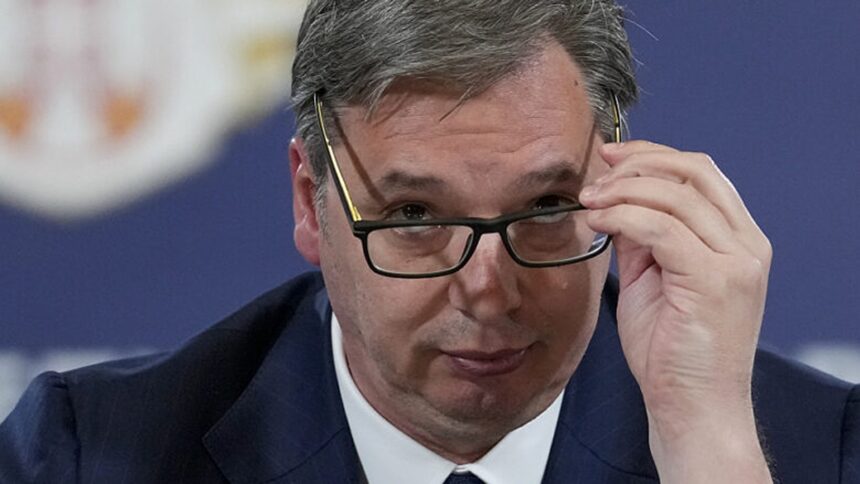Serbia is facing its deepest political crisis in decades, with ten months of anti-government protests following the deadly collapse of a railway station canopy in Novi Sad. According to political analyst Jasmin Mujanović, writing for Foreign Policy, the country has reached its most serious turmoil since the fall of Slobodan Milošević in 2000.
Tens of thousands of protesters have taken to the streets against President Aleksandar Vučić, while violent footage of pro-government extremists beating student demonstrators has increased pressure on EU and U.S. officials to distance themselves from Belgrade.
Mujanović argues that Vučić’s removal is essential for Serbia’s democratic future. He warns that Serbia’s “imperial fantasies” have always backfired, from Milošević’s wars in the 1990s to Vučić’s support for nationalist projects in Kosovo and Bosnia’s Republika Srpska.
The analyst highlights that every Serbian attempt at territorial expansion since 1918 has ended in failure, often bringing devastation back onto its own people. He points to the 2023 Banjska attack, when armed groups targeted Kosovo police, as an example of Belgrade’s ongoing destabilizing agenda.
According to Mujanović, a truly democratic Serbia would:
- Recognize Kosovo’s sovereignty.
- Acknowledge the necessity of NATO’s 1999 intervention.
- Accept responsibility for the genocidal war in Bosnia (1992–1995).
- End interference in neighboring states’ politics and institutions.
He concludes that while current protests may not guarantee generational change, they represent a critical opportunity for new leaders and new ideas to emerge. However, the first step must be Vučić’s departure.







